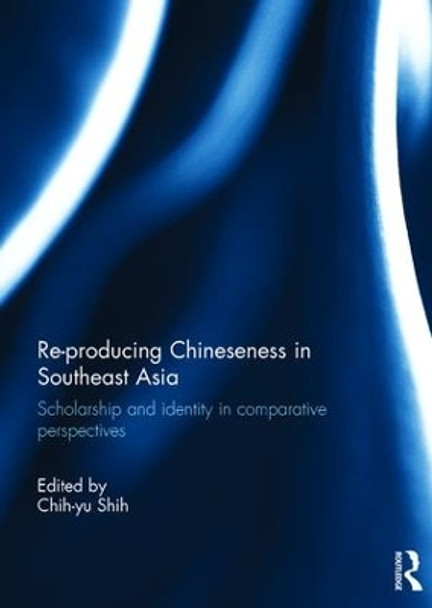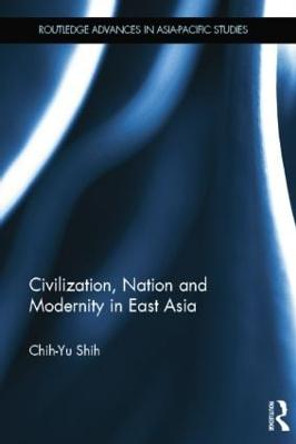Description
Identity politics can impede Chinese identification in southeast Asia because the migrant population, particularly the intellectual aspect of that population, have to consider the political effects of their intellectual and social activities on the survival of Chinese communities. Similarly, these communities have to deal with the necessity of nation-building in the aftermath of the Second World War, which required integration rather than the exaggeration of differences. Consequently, restriction on self-understanding as well as self-representation has become more than apparent in Chinese migrant communities in southeast Asia.
With this in mind, identity politics can inspire self-understanding among the migrant communities, as intellectuals rediscover how humanism can enable a claim of 'Chineseness' that can be registered differently and creatively in a variety of national conditions. Migrant communities generally understand the importance of political accuracy, and this being accurate involves subscribing to pragmatism, something which is apparent in the scholarship and creative outputs of these communities. Humanism and pragmatism together are the epistemological parameters of self-representation, whereas civilizational and ethnic studies are their methodological parameters. This book was originally published as a special issue of Asian Ethnicity.
About the Author
Chih-yu Shih is National Chair Professor, teaching anthropology of knowledge, civilizational studies, and international relations, at National Taiwan University, Taiwan. He is also Editor-in-Chief of the journal Asian Ethnicity. His current research focuses on comparative epistemology of China studies/Chinese studies and international relations theory.
Book Information
ISBN 9781138946453
Author Chih-yu Shih
Format Hardback
Page Count 116
Imprint Routledge
Publisher Taylor & Francis Ltd
Weight(grams) 385g





